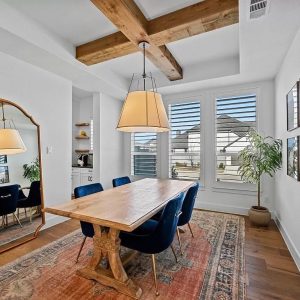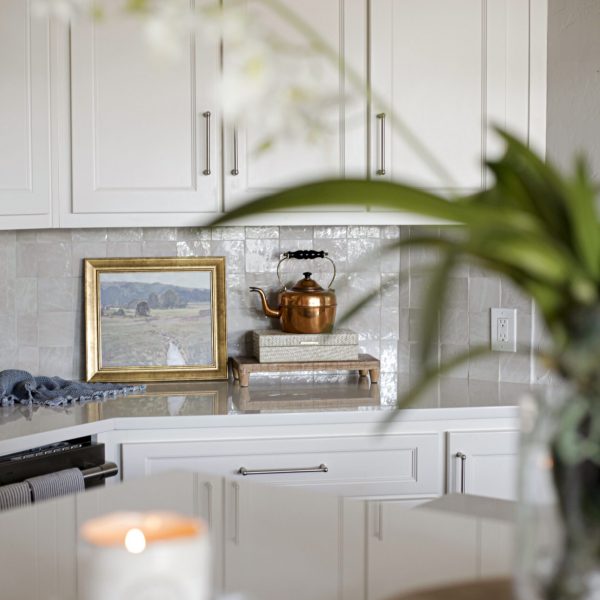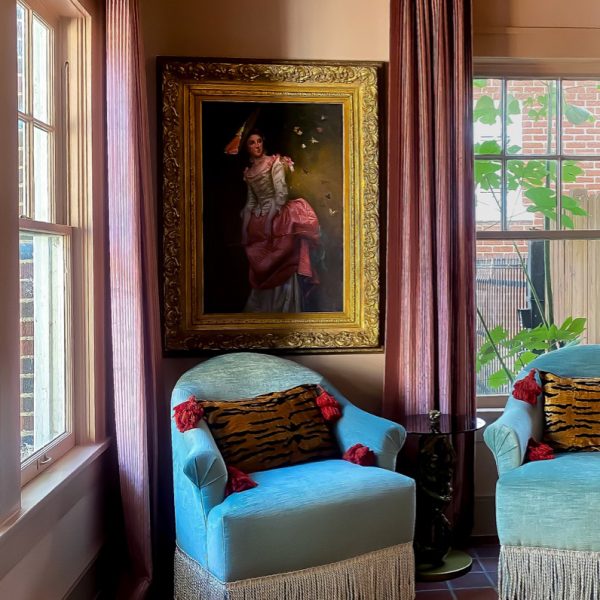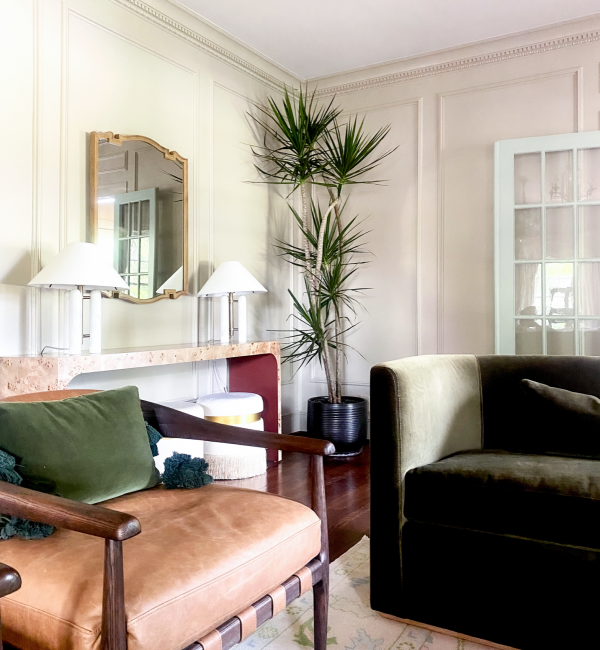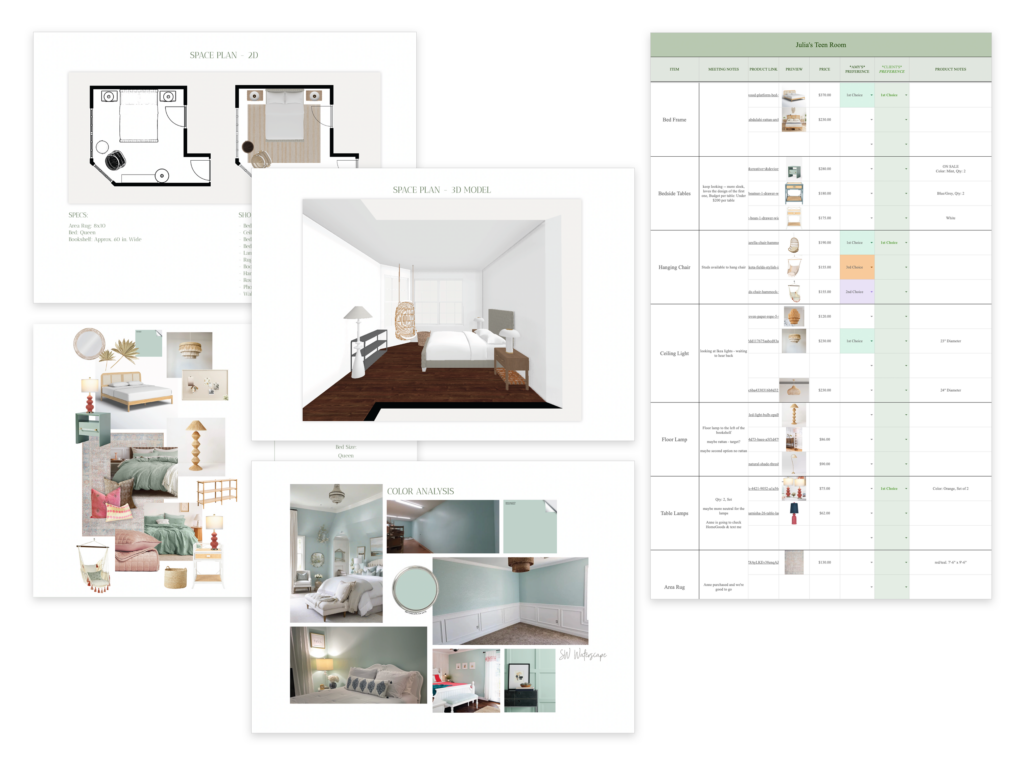Home renovations can be an exciting yet daunting endeavor. While the prospect of transforming a living space into your dream home is exciting, it’s also important to stay prepared for the unexpected costs that can arise. Understanding these potential hidden expenses can help you plan more effectively and avoid unpleasant surprises along the way.
Structural Issues
One of the most common unexpected costs in home renovations stems from unforeseen structural problems, such as foundation issues, outdated wiring, or plumbing complications. Often hidden until walls or floors are opened up, these issues can add significantly to your renovation budget.
Permit Fees & Regulations
Depending on your location, you may encounter additional costs related to obtaining necessary permits and adhering to local building regulations. Failing to account for these legal requirements can lead to delays and fines, adding extra layers of stress to your renovation project.
Material Surprises
When renovating older homes, discovering that existing materials are not up to modern standards can lead to higher costs. For instance, finding asbestos or lead paint may require specialized removal, significantly increasing expenses beyond initial estimates.
Scope Creep
It’s easy to get caught up in the excitement of a renovation and decide to make additional changes beyond the original plan. Whether it’s opting for higher-end finishes or adding an extra room, these incremental decisions can compound, leading to inflated costs.
Labor Expenses
Labor costs can also fluctuate, especially if unexpected issues require hiring specialists. Furthermore, unpredictable delays or scheduling conflicts can extend labor timeframes, thus increasing cost.
Hotel Stays / Temporary Housing
If a renovation is large, you might be temporarily displaced from your home during certain times in your renovation. This could last just a week or two, or as long as a year or more. If a home renovation is quite large, you may need to budget for a 12 month lease near by.
Even if the project is smaller (let’s say a bookshelf being painted in a finish with high-fume levels); at this point, it’s not safe to stay in the home. A short hotel stay for 1-2 nights might be necessary.
Cost of Going Out To Eat
If your renovating a kitchen, you need to plan for a food budget. Setting aside a budget per week for fast food, or nearby restaurants is wise. This could last as little as 1 week, or as long as a number of months. It all depends on the pace of the kitchen renovation and/or any setbacks associated with the project.
Conclusion
To navigate these potential pitfalls, it’s crucial to build a contingency buffer into your renovation budget, often recommended to be around 10-20% of your overall budget. Maintaining clear communication with your designer and contractor, and staying informed about each step can also mitigate financial surprises. By proactively anticipating these unexpected costs, you can manage your renovation more confidently, ensuring the process remains both exciting and rewarding without straining your finances.




